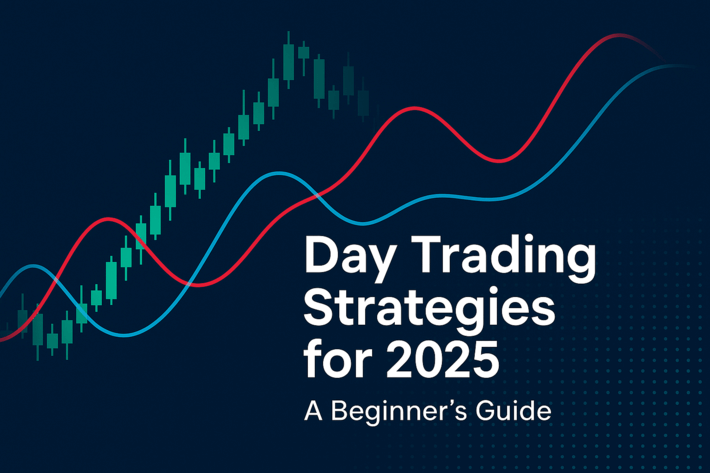Proprietary Trading: What Is It and How Does It Work?
Proprietary trading has grown in popularity in recent years, with its promise of high returns while trading with outside capital, but before you embark on this trading venture, its important to understand its ins and outs, as well as all the potential benefits and drawbacks that come with it.
How Proprietary Trading Works
Proprietary trading involves financial institutions trading in stocks, derivatives, and other instruments using their own capital instead of their clients'. The goal here is straightforward: to achieve higher returns than those typically realized from client-based trading.
The very nature of using an institution's own funds means that while there's potential for significant profits, there's also a risk of substantial losses if market movements are unfavorable.
Because of these high stakes, proprietary trading firms are discerning in their hiring practices. They typically look for traders with a proven history of success in the market, given the responsibility and trust placed in their hands.
For those who really know their way around the market, proprietary trading can be a golden opportunity with potentially big rewards.
Pros and Cons of Proprietary Trading
Prop trading, while promising hefty returns, isn't without its challenges.
A significant allure of prop trading is its profitability potential. Since traders utilize the firm's capital, the upside can be substantial when trades go in their favor. Many traders are drawn to proprietary trading, believing their market insights provide them a competitive edge, leading to enhanced profit margins.
However, the flip side is the inherent risk. With the firm's own capital on the line, losses can be magnified. This underscores the importance of robust risk management strategies to safeguard against potential downturns.
Furthermore, an overemphasis on prop trading can divert attention from a firm's primary business operations. Traders engrossed in proprietary activities might find themselves stretched thin, potentially neglecting the needs of the firm's broader clientele.
Proprietary Trading vs. Hedge Funds
To the untrained eye, prop trading and hedge funds might appear synonymous. Both involve leveraging capital to reap profits, but it's the little things and nuances that set them apart.
Prop trading firms, or proprietary trading entities, trade using their capital. Conversely, hedge funds pool investor funds from external sources, and employ more intricate strategies to invest across a wider variety of assets. This is why prop trading firms tend to be more aggresive, while hedge fund managers employ stricter risk management to ensure the protection of their investor capital.
The Volcker Rule in Proprietary Trading
The Volcker Rule is a set of regulations implemented in 2009 and designed as a regulatory response to potential financial vulnerabilities. By limiting proprietary trading by banks, it aims to reduce systemic risks. However, the rule does accommodate client-centric trading and specific market-making activities.
Albert Einstein is said to have identified compound interest as mankind’s greatest invention. That story’s probably apocryphal, but it conveys a deep truth about the power of fiscal policy to change the world along with our daily lives. Civilization became possible only when Sumerians of the Bronze Age invented money. Today, economic issues influence every aspect of daily life. My job at Fortunly is an opportunity to analyze government policies and banking practices, sharing the results of my research in articles that can help you make better, smarter decisions for yourself and your family.





